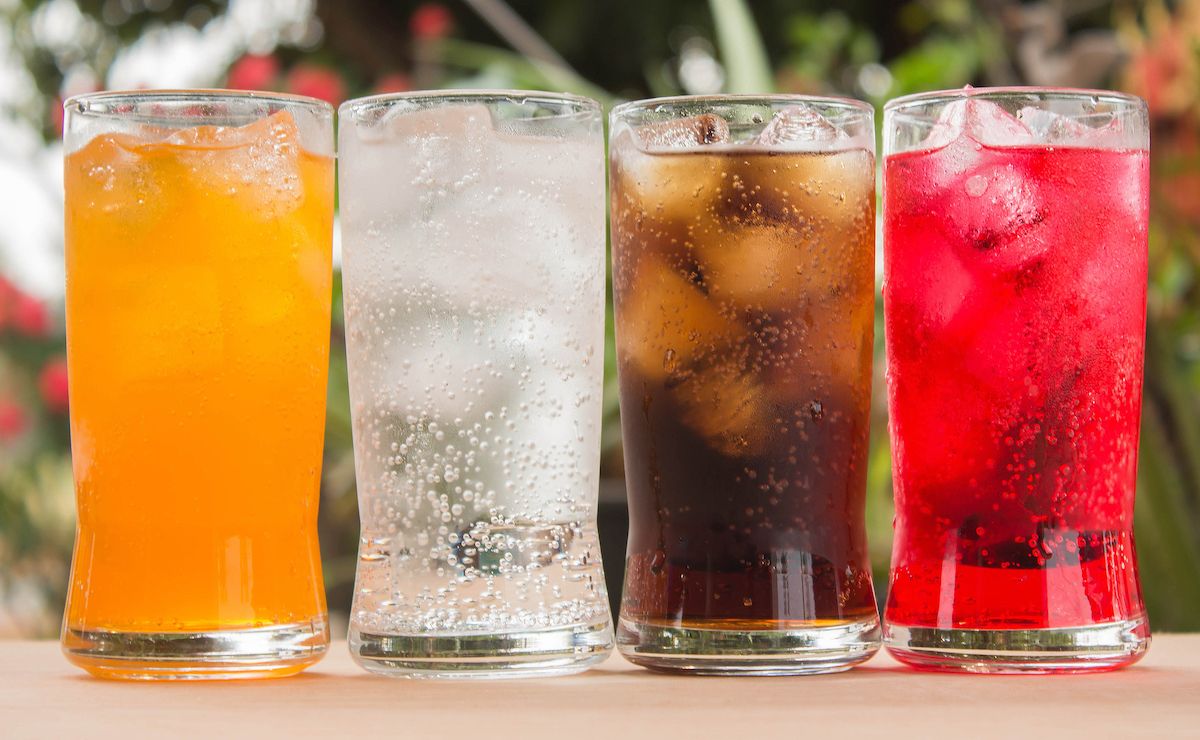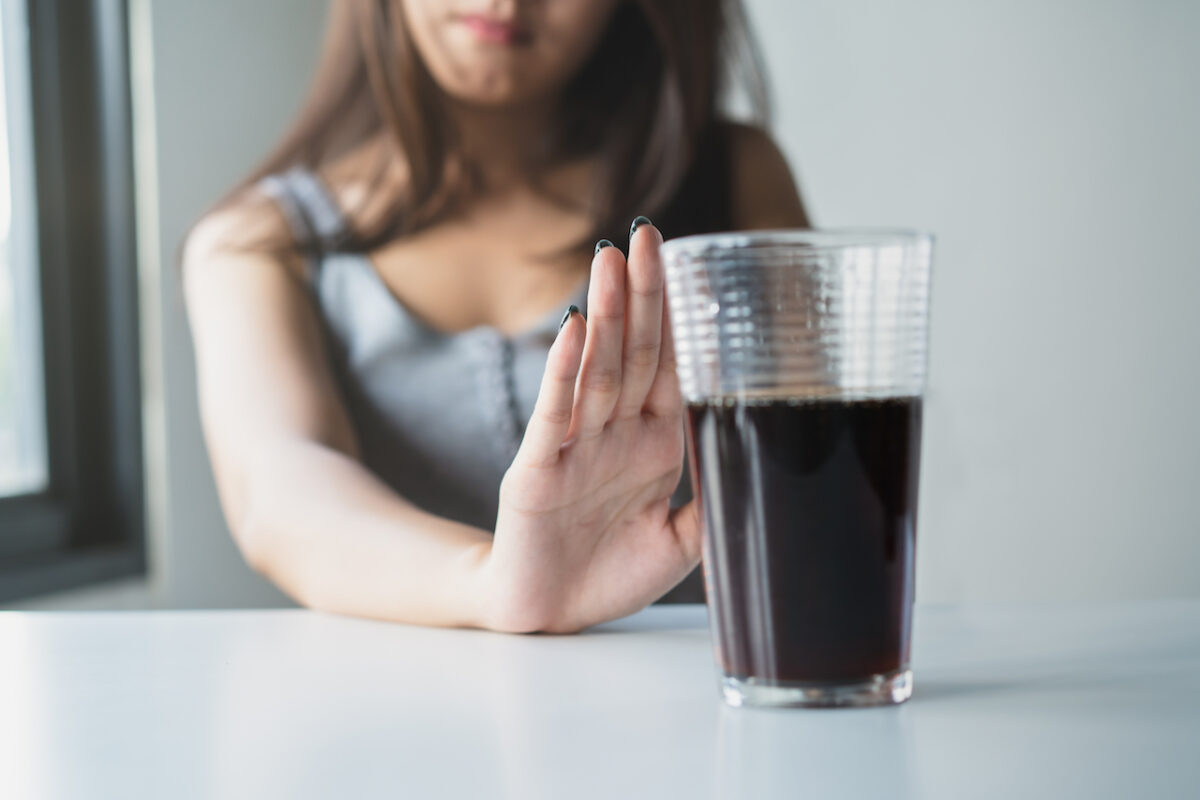Low-fat or non-fat buttermilk, a fermented dairy drink, is a great option for anyone looking to have a more nutritious diet, clinical nutritionist nutritionist Lovneet Batra advised. “Check the ingredient label when you’re buying a product. A very simple example would be a comparison between diet soda versus buttermilk,” Batra explained in a recent video on her Instagram. “Buttermilk has definitely more calories. It is dairy, but if it is sourced from the right place, it can actually be very nourishing.” And for more up-to-date health news, sign up for our daily newsletter. Batra added that buttermilk “is a probiotic and it’s a natural whey protein. So, don’t be stuck up in labels and calorie counting, go for quality. Go away from chemicals and eat real food.” Buttermilk also contains less lactose than regular milk, making it possible for people with a low lactose intolerance to drink.ae0fcc31ae342fd3a1346ebb1f342fcb Additionally, the liquid can support bone health as it’s a good source of calcium, according to Healthline. Buttermilk also contains vitamin B12, riboflavin, vitamin A, potassium, probiotics, and phosphorus, WebMd reports. Because of that vitamin A, it can improve your immune system and support a healthy heart, lungs, and kidneys. Diet soda consumption has been connected to an increased risk of chronic kidney disease, a 2017 study published in the Clinical Journal of the American Society of Nephrology revealed. “Compared with those who consumed less than one glass per week, people who drank more than seven glasses of diet soda per week had nearly double the risk of developing kidney disease,” Heathline reports. According to a 2015 study published in the British Medical Journal, just one serving of an artificially sweetened drink in a day is linked to an 8 to 13 percent heightened risk of type 2 diabetes. On top of that, a 2020 study published in the Journal of the American College of Cardiology found that people who replaced sugary drinks with artificially sweetened beverages had a higher risk of heart disease. The lead author, Eloi Chazelas, a PhD candidate of Sorbonne Paris Nord University in France, said: “Our study suggests artificially sweetened beverages may not be a healthy substitute for sugar drinks, and these data provide additional arguments to fuel the current debate on taxes, labeling and regulation of sugary drinks and artificially sweetened beverages.” And for the sodas people don’t love, check out The Most Unpopular Soda in America, According to Data. If you’re looking to replace diet soda with something healthier and you aren’t a fan of buttermilk, you could also add sliced fruits to water to improve the taste without the added sweeteners. Lauren Sharpe, RD, told Byrdie that lemon water contains phytonutrients, supports hydration, and helps with digestion. “If it is helping you drink more water, I say add it into all your water bottles throughout the day,” Sharpe said. Coconut water has also been recommended as a substitute for diet soda. Dietitian Kate Patton, MEd, told the Cleveland Clinic that “coconut water might be a good option if you’re looking for a more natural electrolyte drink.” However, she did warn of the added sugars and suggested “reading the labels first.” If you’re not into those diet soda replacement options, green tea and Kombucha (fermented tea) are great alternatives as well. Probiotics in fermented tea help with weight loss, digestion, and inflammation, according to Healthline. And for more ways to gauge your health, check out If You Can’t Do This in 90 Seconds, Your Heart Is in Danger, Study Says.

